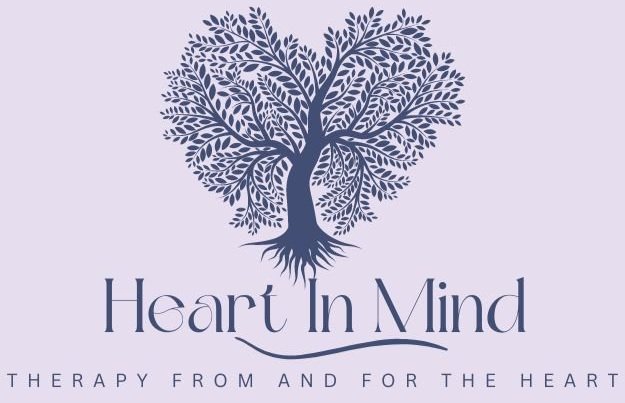“Fake it till ya make it”?
When we haven’t felt very confident about how we’re performing at our jobs, where we are in life, etc. compared to our peers, how many of us have been told by someone who meant well, "Fake it till ya make it!”?
The idea is that if we start acting like we know what we’re doing, we’ll eventually and miraculously, actually know what we’re doing and moreover, feel more confident and overall, better about ourselves.
And sure…in the short-run, it might give us a little boost of self-confidence to take action towards reaching our goals. It might be the thing that helps us to take a chance on something that we end up loving/thriving in.
The problem is that in the long-run, what “faking it till you make it” encourages us to do is to disconnect from a part of us—usually the more vulnerable parts of us that need to be recognized and attended to, lest they overwhelm our lives. What’s more, if we are a young adult who has experience trauma, strife, and/or stress that has not been fully addressed, we risk mimicking a trauma response: forced abandonment of certain parts of ourselves in order to survive.
For example, if we abandon the part of us that makes us doubt ourselves about our work performance, we might stay in a job that burns us out because we doubt that our burn-out is real or that serious. We might think to ourselves, “all I have to do is fake it till I make it…push through even if I’m overwhelmed, unsure what I’m doing, not getting the help I need, etc.” What we risk missing here is attention paid to our very real limitations/boundaries/capacity. Being able to recognize our limitations, boundaries, and capacity at any given time is crucial when we’re recovering from trauma, strife, and/or stress.
Or…as another example, if we abandon the part of ourselves that might otherwise stand up for ourselves to our friends, our partner(s), our bosses, we might endure more and more mistreatment or even abuse from these relationships. Being able to advocate for ourselves and to know/experience receptiveness to our advocacy is another crucial part of recovering from trauma, strife, and/or stress.
When we “fake it till we make it,” we prematurely put the brakes on our survival responses—often, without a plan/intention to revisit it…to tend to it with care. All that residual activation from these survival responses stays stuck in our bodies and minds.
This can show up as chronic physical pain, shorter tempers, social isolation/avoidance, tendencies towards tunnel-vision & overgeneralizing, and more. All of this reflects our bodies and minds’ attempts to help us cope with this residual activation—through offering short-term relief and a pseudo- sense of safety.
At Heart In Mind, I am mindful and sensitive to the good intentions behind these short-term “solutions”/tendencies. Working together, we’ll slowly build up your comfort and confidence in expanding your breadth of options/solutions so that you can achieve long-term, sustainable relief and healing without having to necessarily sacrifice altogether these short-term “solutions”/tendencies. You deserve a life that allows you to express all parts of you—as you are now…truly; that doesn’t need you to “fake it till ya make it.”
I hope this was helpful. Until next time, please be gentle with yourselves,
Gina
If you’re curious to learn more about my specialties and what it would be like to work with me, please check out the links below:

